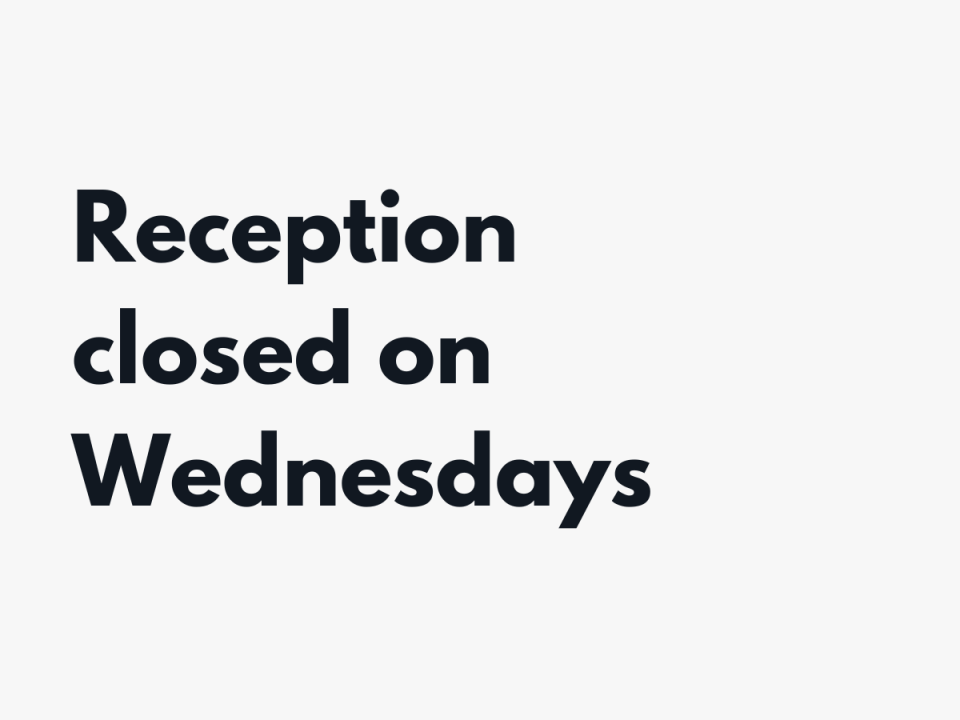- Launceston, TAS, 7250
- Mon to Fri 9.00 am to 5.00 pm
- 03 6331 5500
- info@sproal.au
Should you appoint an enduring guardian?
Nominate someone to make personal decisions for you
Please note: We no longer provide wills, estate planning, or probate services.
An enduring guardian is a person you appoint to make your personal or medical decisions if you should lose the ability to decide for yourself because of a disability.
As adults, we can choose where we live, whom we see or visit, what medical treatment we want, and what services we will have. Generally, if a person loses the ability to make decisions, decisions are still made by family or carers. Usually, these arrangements work well. Completing and registering this document will give you certainty regarding the person who makes decisions for you. You may also want to ensure that your wishes are known and followed. It is wise to choose someone you trust who will be decisive and who will be a good advocate for you.
Tasmanian laws
Under Tasmanian law, even if you have granted someone Power of Attorney, they cannot make your medical decisions. In Tasmania, a Power of Attorney only relates to your financial estate.
The appointment of your enduring guardian takes effect only if you become unable to make your own medical or personal decisions. Your enduring guardian can then communicate your wishes on your behalf after you have lost the ability to communicate.
The legal requirements of an enduring guardian
Your enduring guardian would make your medical and lifestyle decisions. These could include your medical treatment, whether you live in your home or a nursing facility. They could decide who visits you and what personal services you receive, such as home support or meals on wheels.
Your enduring guardian is legally bound to:
- Follow your specific directions.
- Act in your best interests.
- Ensure that decisions about your life promote your dignity and freedom as much as possible.
When choosing a guardian, you have four options
- Appoint one person. For example, your spouse or partner.
- Appoint a first guardian and name an alternative guardian in case your first guardian cannot assume the role. For example, you could appoint your partner, and if they could not act as your guardian for any reason, you could name your child or a trusted friend as your alternative guardian.
- Appoint joint guardians. Joint guardians must agree on any decision they make. If you select joint guardians, it is important that they are willing to work cooperatively. Joint guardians can, however, work jointly or severally. The Guardianship and Administration Board will resolve disputes between joint guardians.
- Appoint an alternative guardian for any joint guardians (except the Public Guardian).
How we can help
We can assist in advising appropriate guardians for your situation based on your lifestyle circumstances and lodge the appropriate forms with the Guardianship and Administration Board. We can also assist with any questions concerning the Enduring Guardianship process.
All material on this site is provided for information purposes only. The contents do not constitute legal advice, are not intended to be a substitute for legal advice and should not be relied upon as such. You should seek legal advice or other professional advice in relation to any particular matters you or your organisation may have. If there are any issues you would like us to advise you on arising from this material, please get in touch.

Related posts


